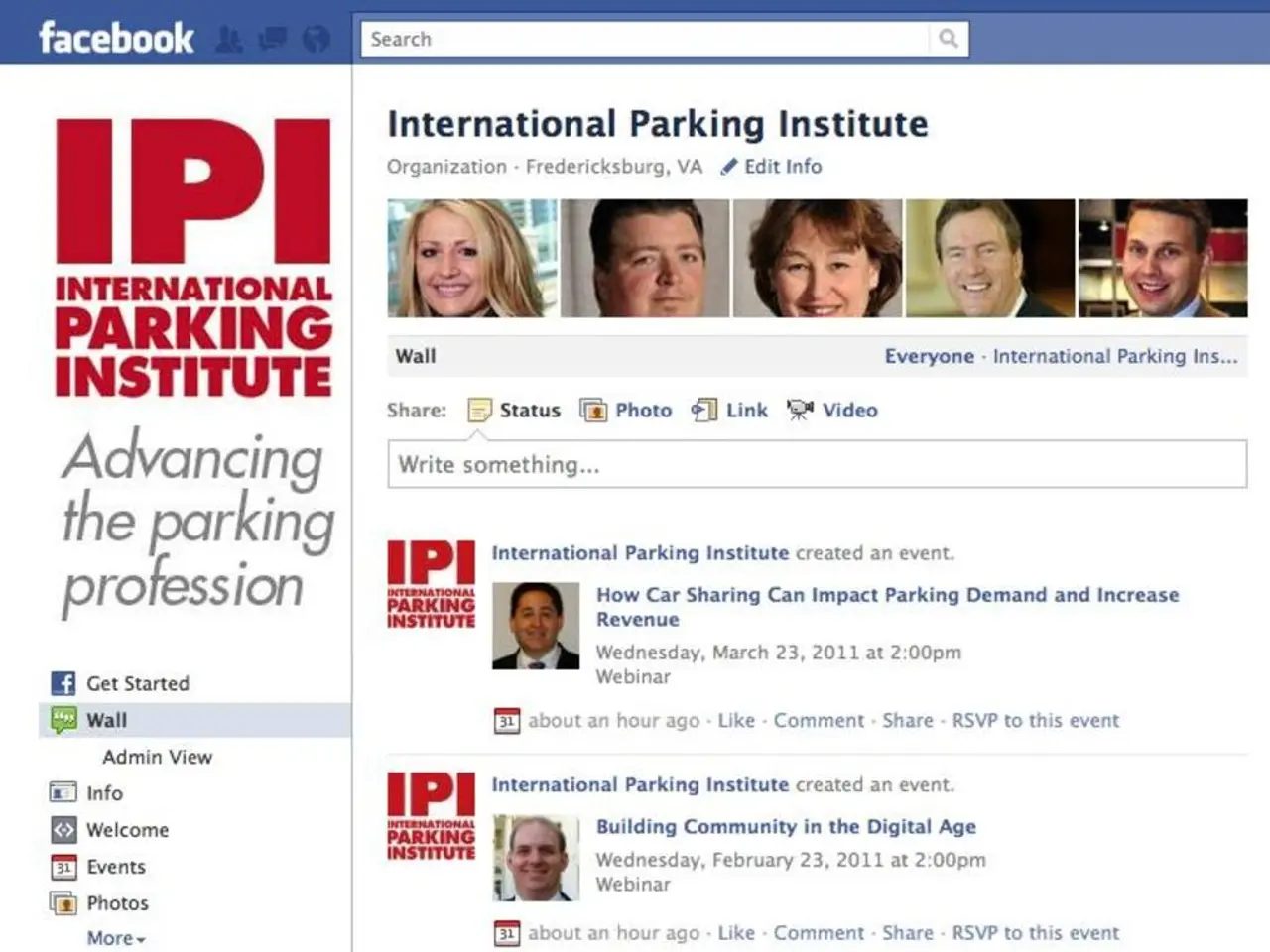Strategies to Lead in Data Protection and Privacy
In today's interconnected world, safeguarding personal data has become more crucial than ever. Here are some best practices to help you secure your online accounts, respect privacy, and manage your digital presence effectively.
Use Strong, Unique Passwords
Create complex passwords or passphrases with a mix of letters, numbers, and symbols for every account. Avoid reusing passwords across sites. Utilizing a password manager such as Bitwarden, 1Password, or LastPass is highly recommended to generate and store passwords securely.
Enable Multi-Factor Authentication (MFA)
Adding a second verification step (such as a code sent to your phone or biometric verification) greatly enhances account security even if your password is compromised.
Regularly Update Software and Devices
Keep operating systems, apps, and security software up to date with patches and new versions to protect against vulnerabilities exploited by cybercriminals.
Evaluate Websites Before Sharing Data
Be cautious with the permissions you grant and the terms/privacy policies you accept. Only provide necessary personal data and verify if the website uses secure protocols (HTTPS), showing they encrypt data transmitted.
Respect Others’ Privacy
Avoid sharing other people's personal information without consent, and be aware of privacy settings that protect their data just as you protect your own.
Review Social Media Privacy Settings
Regularly check and tighten your social media settings to control who can see your posts, personal details, and location information. Limit sharing to trusted contacts only.
Use Incognito or Private Browsing with Caution
While incognito mode prevents your browser from saving history or cookies, it does not hide your IP address or protect your activities from websites, trackers, or your internet service provider (ISP). To enhance privacy beyond incognito mode, use a secure browser combined with a reputable VPN service that hides your real IP, encrypts traffic, and prevents ISPs and third parties from logging your activities.
Protecting Your Data Beyond Social Media
- Instagram allows users to manage privacy settings, including who has access to posts and what happens to posts after deletion.
- Snapchat provides a Ghost Mode option to hide your location from everyone, including friends. It also offers privacy options to control who can contact you and allows you to view and download collected data.
- TikTok allows users to decide between public and private accounts and change their personalized ad settings.
- Facebook provides a range of privacy settings that can be found.
- Many browsers and apps allow you to turn on a setting to browse without sharing as much personal information as you normally would (e.g., incognito mode on Chrome, private browsing on Safari, Firefox, DuckDuckGo, and Brave).
Privacy Focused Organizations
The Future of Privacy Forum (FPF) brings together top minds in privacy to discuss how to benefit from data while respecting individual privacy. They focus on topics such as Ad Tech, Mobility & Location, and Youth & Education Privacy.
Data Privacy Awareness
Data Privacy Day, annually recognized on January 28, commemorates Convention 108, the first international treaty to protect personal data. This day serves as a reminder to be cautious when sharing or resharing private stories or messages from others on social media, and to always respect other people's privacy by being mindful about the information shared and seen on social media.
By following these best practices, you can significantly reduce the risk of personal data breaches and maintain a more secure and private digital presence.
[1] StaySafeOnline.org [2] Cybersecurity.gov [3] FTC.gov [4] Privacy.gov
- Embracing sustainable living means conserving resources not just at home-and-garden, but also by adopting eco-friendly habits online, such as minimizing energy consumption through data-and-cloud-computing optimizations.
- To build a trusted relationship with your online audience, respect their privacy by carefully considering what you share and the forum you choose to express your thoughts, ensuring discussions align with the principles of education and lifestyle.
- The policy of shared mobility services should prioritize the security of riders' data, implementing strong encryption and multi-factor authentication mechanisms to avoid unauthorized access.
- In today's digital age, our personal data is a valuable resource not only for ourselves but also for cybercriminals. To safeguard it, consider using secure messaging apps that prioritize privacy and end-to-end encryption.
- Online platforms catering to the youth should design their policies and features with a focus on privacy education, fostering a generation of responsible digital citizens who prioritize security and respect their peers' privacy.
- Advocating for privacy-focused policies in technology brings a balance between leveraging technology and maintaining trust in our digital world. Engaging with organizations like the Future of Privacy Forum helps shape discussions on topics like privacy, security, and mobility in our interconnected era.
- Understanding the implications of data breaches on our lifestyle necessitates ongoing education in data-and-cloud-computing practices. Regularly following resources such as StaySafeOnline.org and Cybersecurity.gov can help you remain informed and secure.
- Protecting your digital privacy goes beyond social media platforms. Regularly reviewing privacy policies and updating your apps is vital to maintaining a secure and private lifestyle in today's connected world.




